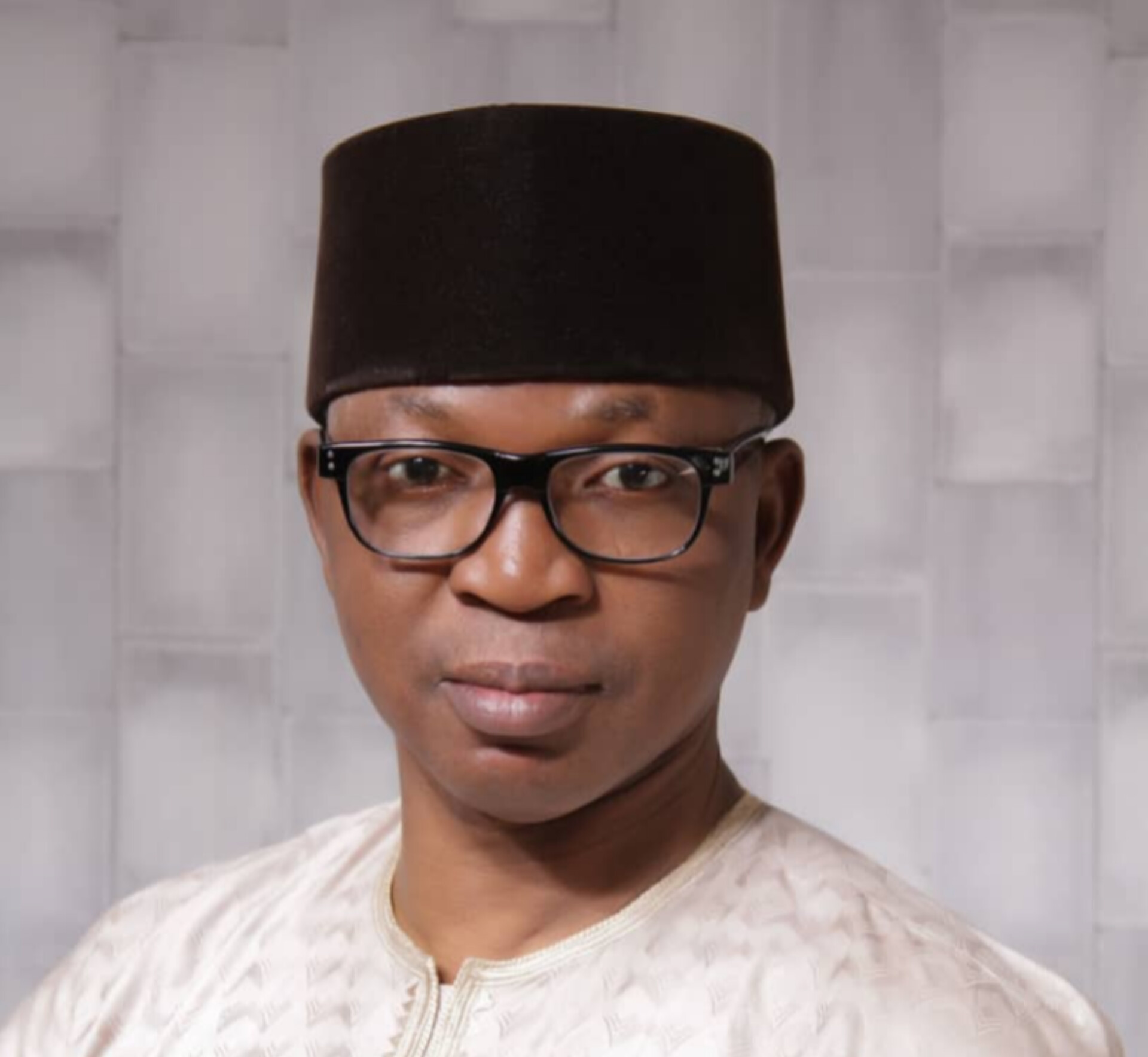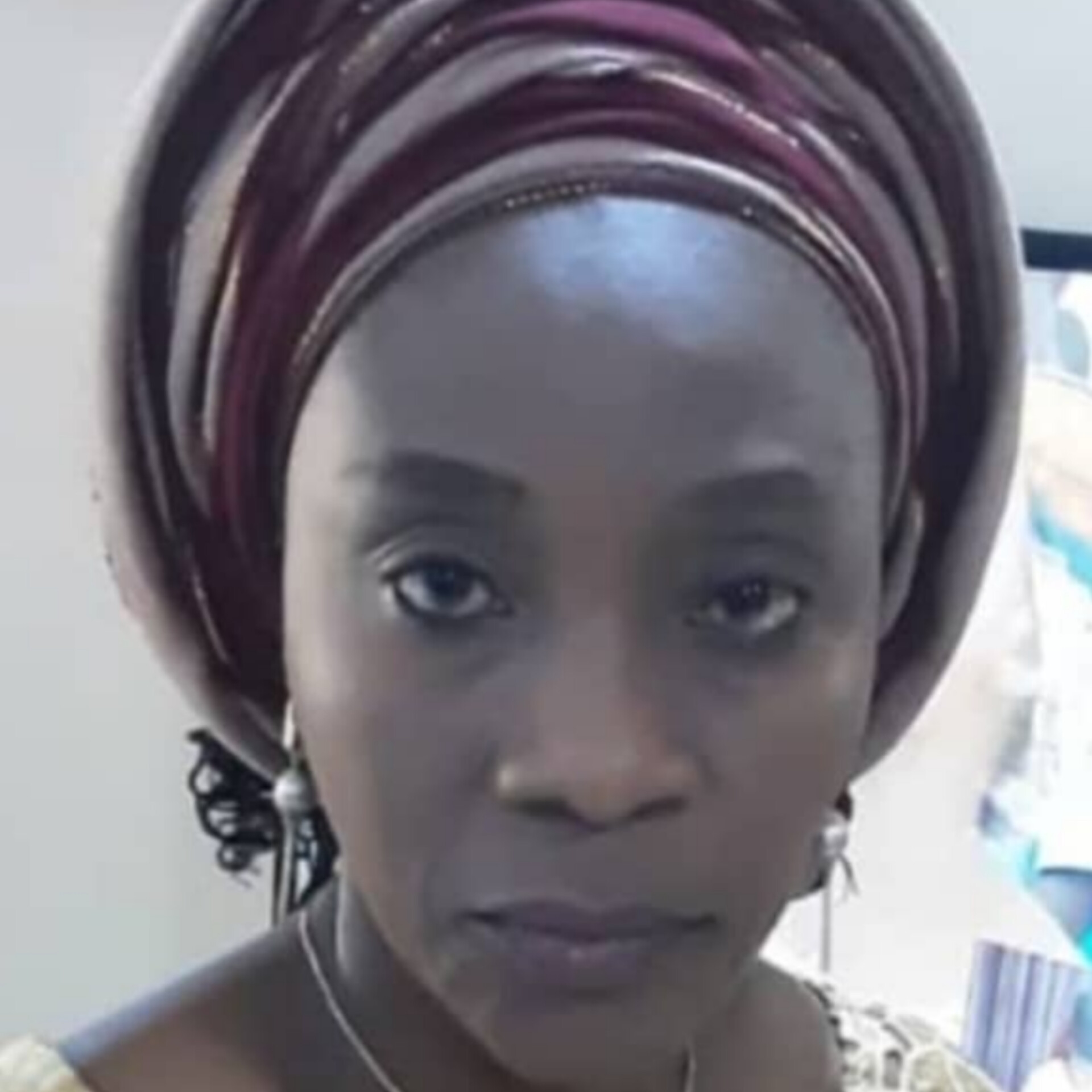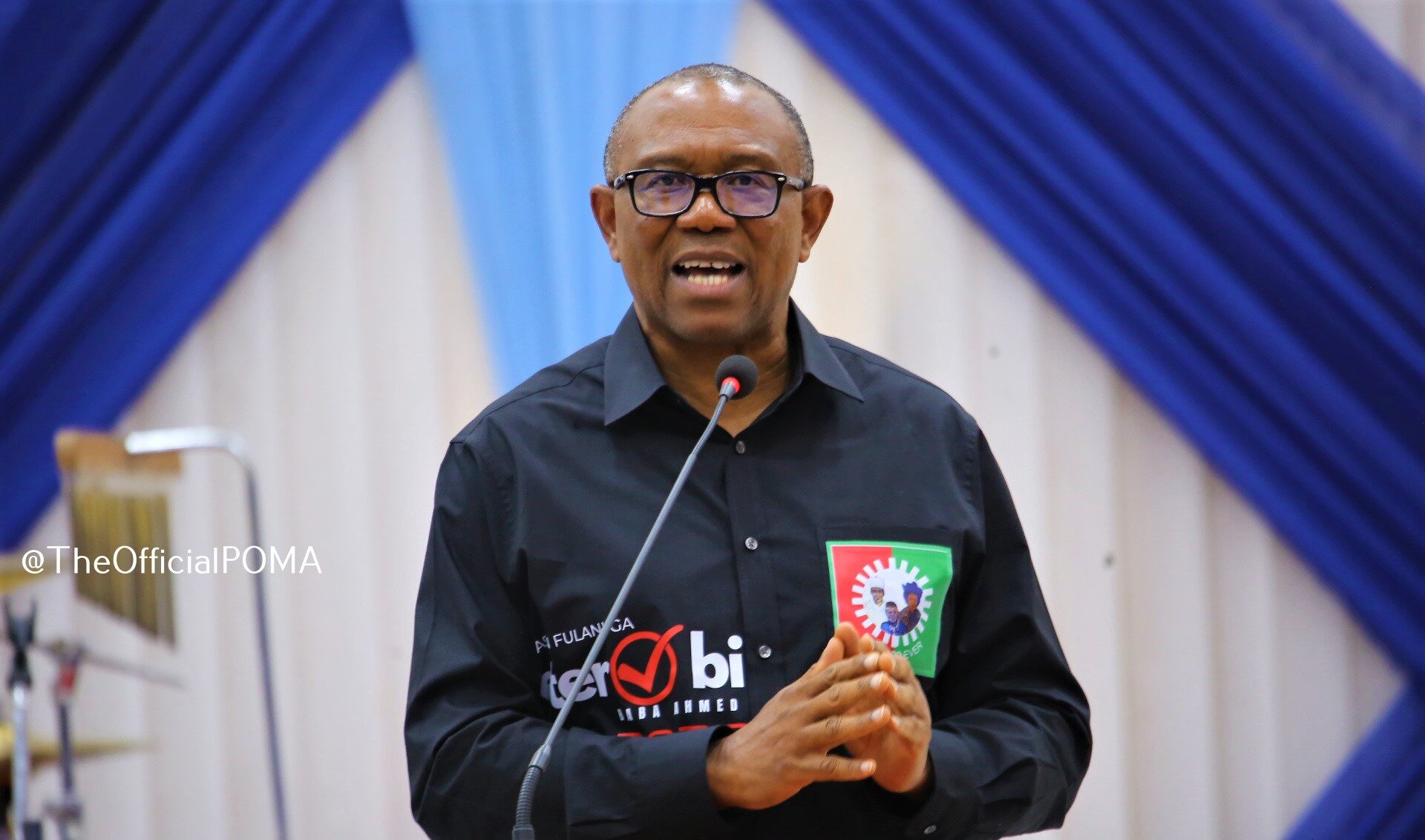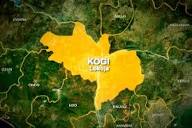What was the motive of Distinguished Senator Abdul Ahmed Ningi for raising a controversy over the 2024 federal budget?
Since the Senate at its Plenary of Tuesday 12th March, 2024 deliberated over the matter and handed a three-month suspension to the Bauchi Senator, there have been countless commentaries in the media on the issue but few of them have considered the pertinent questions that would have helped Nigerians see what Senator Ningi sought to achieve by essentially stirring up a hornests’ nest.
To start with, Ningi is not just a Senator of the Federal Republic of Nigeria. He is a ranking Senator with vast experience in legislative business. Ningi was first elected to the House of Representatives at the beginning of the Fourth Republic in 1999 and is one of the longest serving federal lawmakers in Nigeria. He was the Majority Leader in the House of Representatives between 2003 and 2007, and Deputy Majority Leader in the Senate for another four years between 2011 and 2015. Those were privileged positions that made him a Principal Officer in both chambers of the National Assembly. That also means that the Bauchi Senator has participated actively in the passage of the federal budgets at the highest level.

With his experience from all those privileged positions in his long tour of duty at the National Assembly, Ningi understands the nitty-gritty of the legislative and Appropriation processes in both Chambers of Parliament.
Also, as a Distinguished Senator, he has unfettered access to all legislative documents. So it should be disturbing when a Senator of that calibre claimed that there were two versions of the 2024 budget and that the budget, which he actively participated in its passage, was padded with projects costed at trillions of Naira and skewed against his own section of the country.
Let’s note at this point that Ningi never said in his hell-raising BBC (Hausa Service) interview or at that Tuesday Plenary or in any of his subsequent media shows that he was denied access to the budget document, whether as proposed by the Executive or as passed by the two Chambers of the National Assembly. He has the entire document, like every other Senator or Member of the House of Representatives.
Are you not wondering then why he didn’t raise his observations when the document was being processed and during the final passage by the two Chambers?
Given his many years in parliament, it is incredible that Senator Ningi said at that Tuesday Plenary that he didn’t know the full details of the budget. Even more so the claims that he was unaware that the National Assembly jerked up the original budget proposals by N1.2 trillion, from N27.5 trillion to N28.7 trillion, and that he had no knowledge of Statutory transfers of N3.32 trillion to Government institutions and agencies on first line charge.
And curiously, Senator Ningi has not stressed in his media campaign the fact that he is a member of the Senate Appropriation Committee, which anchored the processing of the national budget in parliament. So he is familiar with the document, its content and processing more than many other of his colleague Senators.
The 2024 Appropriation Bill was signed into law on 31st December, 2023. But Ningi waited until 7th March, 2024 to rally some members of the Northern Senators’ Forum (NSF) to complain to the President of the Senate, Godswill Obot Akpabio, about the budget. Why did it take an experienced ranking Senator and a member of the Senate Appropriation Committee two months and seven days after passage to realised that something was amiss with the Appropriation Bill, which is often the most important law passed by Parliament? Why did Ningi wait that long after the Bill had been signed into law to hire a consultant (for N30 million) to scrutinise a document that was presented to the National Assembly on 29th November, 2023?
It was commendable that Senator Ningi at least drew the attention of the Senate President to his “discoveries,” however belatedly.
The Senate President asked to see the details of the “discoveries” made by the consultant. A fellow member of the NSF, Distinguished Senator Ali Ndume, said he also asked Ningi for the same information. But rather than availing them with it, Ningi headed to BBC Hausa Service, the day after the meeting with the Senate President, to grant his explosive interview. Why? And why BBC Hausa Service? Was it to play the ethnic card?
The members of the NSF at the meeting with the Senate President agreed on the need to establish the facts before any further step was taken. So why was Senator Ningi impatient to have his claims verified, even by members of his own Forum, and exhaust internal mechanism for correction of any anomaly before escalating it to an international audience?
Senator Ningi has said repeatedly that the “discoveries” are known to him and only him alone. He has exclusive knowledge of the report of the consultant that he hired, most likely in the name of the NSF. No other member of the Forum is privy to the findings of the consultant. Isn’t that awkward?
Why is he keeping the “findings” to himself? Why is he reluctant to share them with even Distinguished Senators in his Forum?
Some of them implored him to apologise at the Plenary after his claims had been established to be fictitious. But rather than heed their advise, Senator Ningi flew from the main issue to unrelated matters like the take home pay of the Senate President and the number of aides the Senate President and other Principal Officers have! Why?
According to the Senate Leader, Michael Opeyemi Bamidele, Ningi’s astonishing fiction was merely the opening salvo in a plot for Senate leadership change. As it turned out, that plot failed because the protagonist has no backing of any group in the Upper Chamber, not even of the Forum he chaired before the gambit forced him to step aside from the chair.
***Awoniyi, Media Aide to Senate President, writes from Abuja




